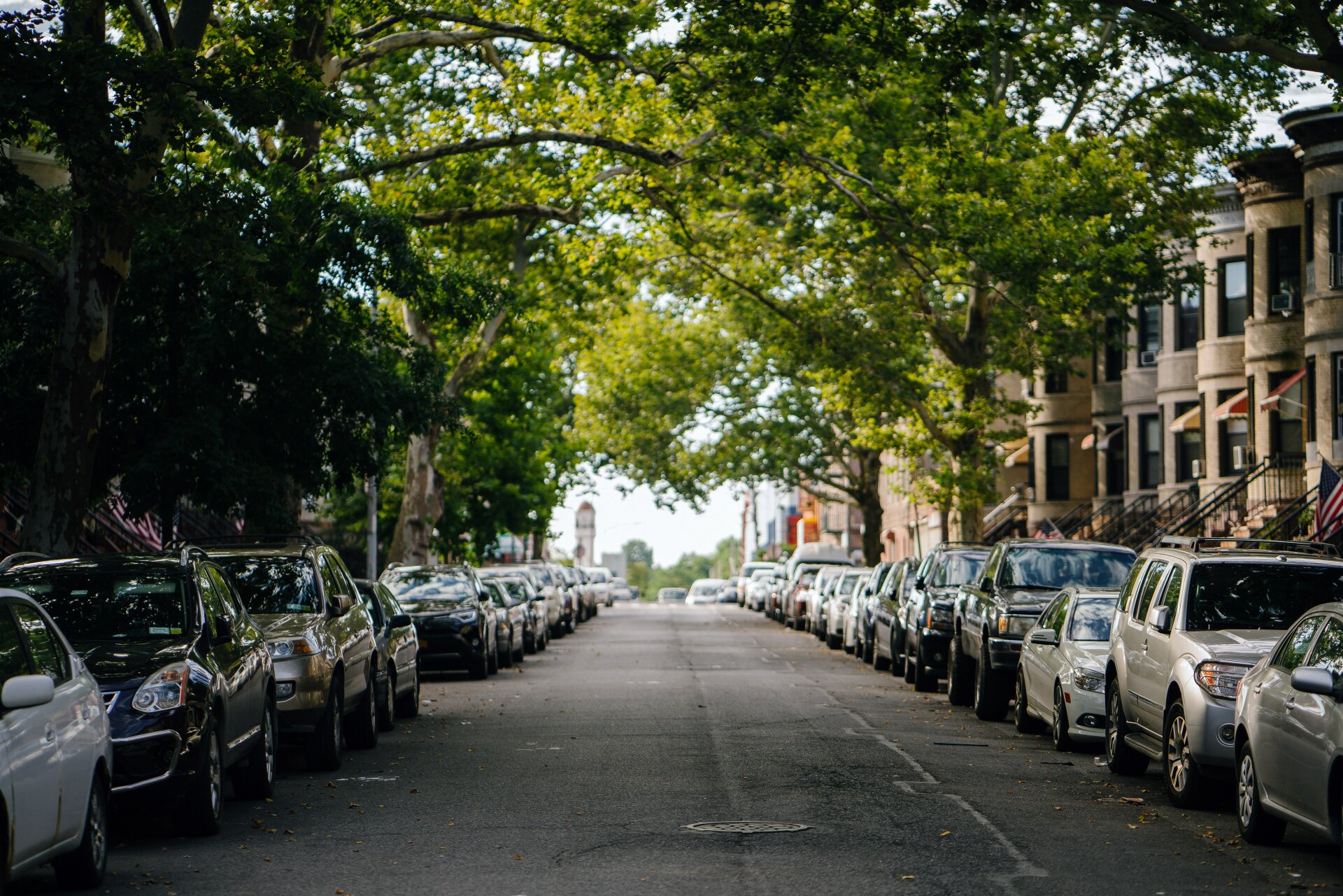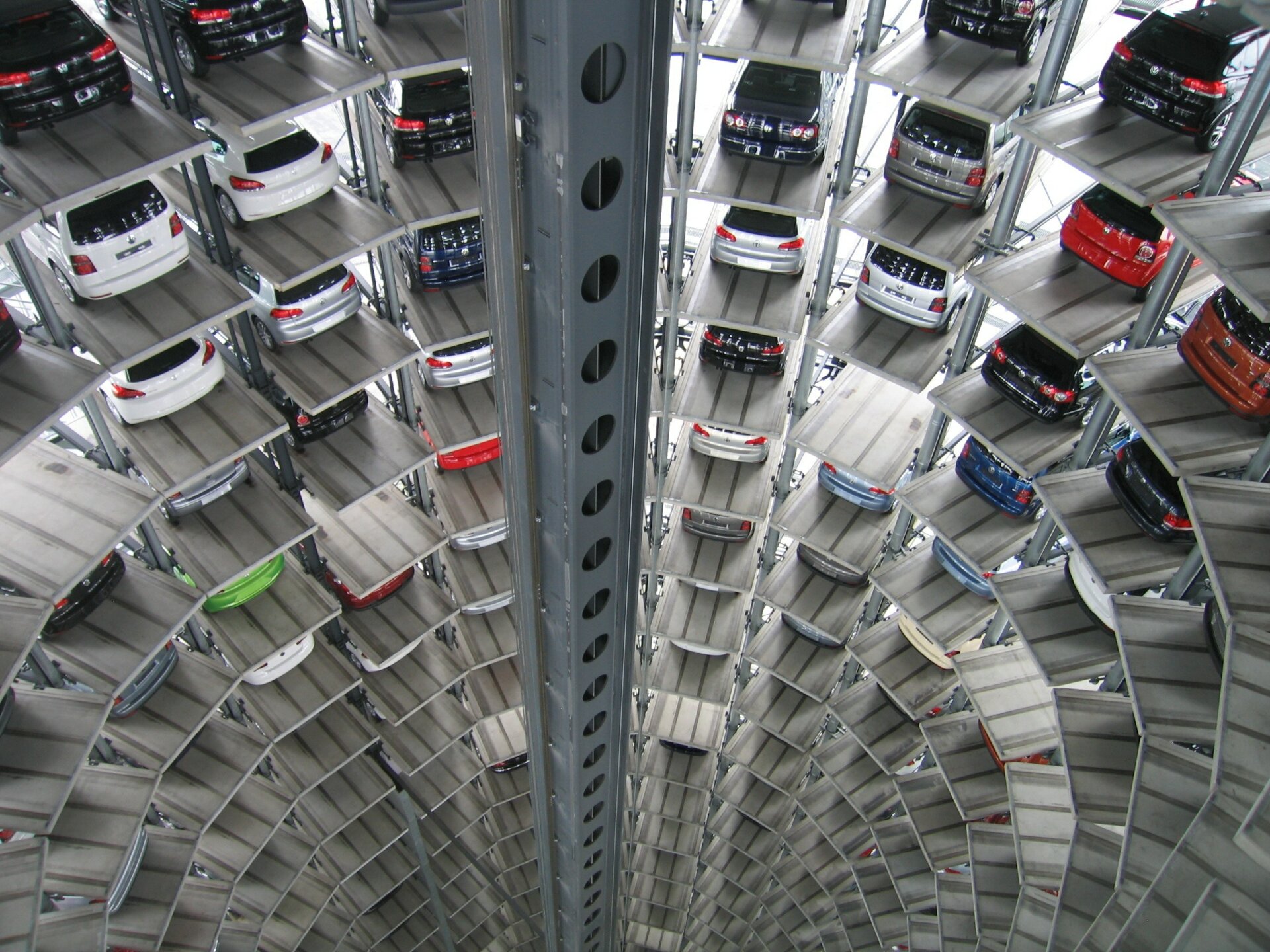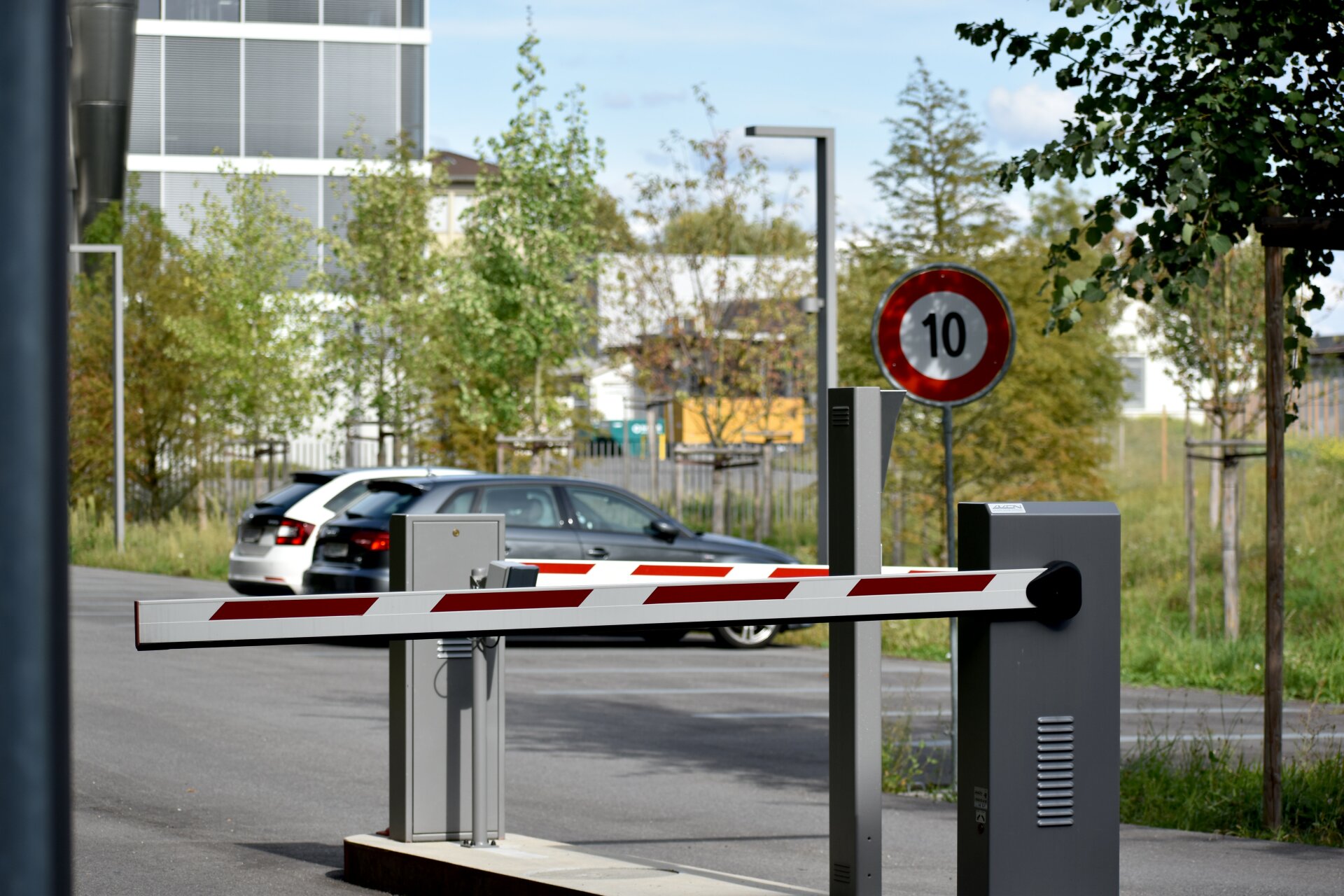Shared Mobility and Parking Space: How Can Your Business Benefit?
06-05-2022If you drive, you must be familiar with this scenario: going in circles, spending precious time trying to spot a parking space. Not only is this frustrating but it also wastes your time, fuel, and money.
Data from traffic analytics firm Inrix indicated that German motorists spend 41 hours a year looking for parking spaces, costing each individual €896 in additional costs over fuel, carbon emissions, and time lost. The cost to the country as a whole is a whopping €40.4 billion. Frankfurt was ranked the most difficult to find parking spaces, followed by Essen, Berlin, Dusseldorf, and Cologne.
Adequate parking spaces are essential to mobility in cities and as such, shared mobility has emerged as the most practical solution. Shared mobility, particularly shared parking, can help cities reduce their carbon footprint and maximise the use of public spaces while helping businesses generate additional revenue.
What Is Shared Mobility?
Shared mobility or shared transportation is a system where commuters can share resources such as vehicles, bikes, and parking space. Sharing can be done in a group, such as with ridesharing, or individual rental of a car, bike, or parking garage.
As a niche within the larger sharing economy, shared mobility presents numerous benefits for transportation systems and environmental sustainability, as well as social benefits for commuters. The key benefits include improved last-mile connectivity, decreased personal vehicle ownership, and improved air quality as traffic congestion eases.
The history of shared mobility stretches back to 1940s Switzerland when the first car sharing service was launched in 1948 in Zurich. The first bike-sharing program followed nearly two decades later, launched in 1965 in Amsterdam, Netherlands. Innovations in internet technology, particularly location-based services and social networking, galvanised a boom in shared mobility.
As of 2019, the shared mobility market drew between $130 billion to $140 billion in global consumer spending, with car sharing taking the lion’s share of the earnings. The sector has seen over $100 billion in investments since 2010 and while the 2020 pandemic slowed growth, the future is still bright for shared mobility.
Car sharing has often drawn the most attention when we speak about shared mobility, but a largely overlooked part of the market is shared parking spaces. A majority of people still own private vehicles and according to research by Inrix, parking accounts for nearly half of the cost of vehicle ownership. Apart from this, a lack of parking space leads to traffic congestion as motorists stay on the road and this further contributes to pollution, reduced air quality, and traffic congestion. Exploring and expanding the shared parking sector can benefit cities, businesses, and commuters alike.

Challenges Surrounding Parking and Mobility
Parking lots comprise one of the largest uses of land in urban and suburban areas. An inordinate amount of space is given over to parking, compromising space that could be used as community spaces or for other purposes. Less parking space would be needed if the lots were used more efficiently and shared.
Demand for parking space is an obstacle for cities while also being a unique business opportunity. The obstacles a city can face with regard to mobility and parking include:
- 1. Lack of resources to build new car parks
The most prominent problem when it comes to parking is that it is simply too expensive and impractical for a city to keep building new parking zones. Land is a precious and limited resource and many city planning departments would rather spend their resources on other infrastructure. Moreover, thousands and thousands of private parking garages and car parks lie vacant and it would be more feasible to utilise these through a shared parking program.
- 2. Ever increasing demand due to rapid urbanisation
Urban populations continue to surge and show no signs of slowing down. As more people live in urban spaces, there’s increased demand on the transportation network and calls for more parking space. Since new parking areas are difficult to develop, the number of available parking garages remains stagnant while the demand keeps increasing.
- 3. Evolving public spaces
Cities continue to evolve and this involves rethinking our use of public spaces. As bike paths, charging stations, and the like continue to proliferate, they can take away valuable parking space. A more well-rounded approach that considers parking issues is key for ensuring smooth mobility throughout urban and suburban spaces.
Business Opportunities Presented By Shared Mobility
Shared parking presents property owners the business opportunity to maximise their use of space and in turn, maximise their revenue. Unused car park spaces can be rented out to external persons which will increase the occupancy rate of the parking lot, make it easier for people to find parking spots, and generate revenue for the parking lot.
Research by Forbes indicates that 63% of businesses have adopted a hybrid work model. This means most parking garages and car parks owned by offices, businesses, hospitals, hotels, etc. are left unoccupied for most of the week. On the flip side, many employees now live further away from their workspaces and require parking when they do work out of the office. This dual problem can be solved by integrating a shared parking scheme that utilises unused spaces to provide space to those who need them.
But where do we start? 85% of employee parking spaces are not efficiently utilised due to outdated allocation systems. In many systems, spaces are awarded on a first-come, first-serve basis which leaves some employees at a disadvantage. Furthermore, such rigid allocation means that the space is never fully occupied- someone might take the day off, work from home, or it could be a holiday. In the Netherlands for example, work-from-home has been declared a legal right, meaning more parking spaces will be empty as employees choose to stay home on some days. A hybrid working model is fast becoming the norm and in this scenario, shared parking is the perfect way to maximise use of space while generating revenue for businesses. Deploying a smart shared parking solution like Mobypark can help businesses earn revenue from their unused parking lots. A smart parking solutions provider means you can start earning revenue on your existing parking lot with zero investment.

Shared parking can be implemented in various ways, each with its own revenue model and level of complexity. Parking facilities could be rented out when offices close, on weekdays only, on a monthly basis, etc. Shared parking works best in areas with high demand and limited space and it also requires users to have different requirements (shift workers, for example). A typical set-up would involve weekday users like offices, schools, banks, etc. which would then extend to evening parking for restaurants, pubs, and gyms. Weekend demand is generated by parks, churches, shopping centres, and events.
Shared mobility is incredibly easy to implement with the right technology partner. If you already have the space, you have negligible set-up costs and can start generating revenue quickly. Shared parking is not only a way to maximise your revenue model but has also been linked to increased employee satisfaction, reduced congestion on roads, and reduced carbon footprint.
Smart parking solutions will only be more in demand as urbanisation increases and businesses can tap into this opportunity with shared parking. With the right shared mobility partner, your business can unleash the full potential of your real estate.


